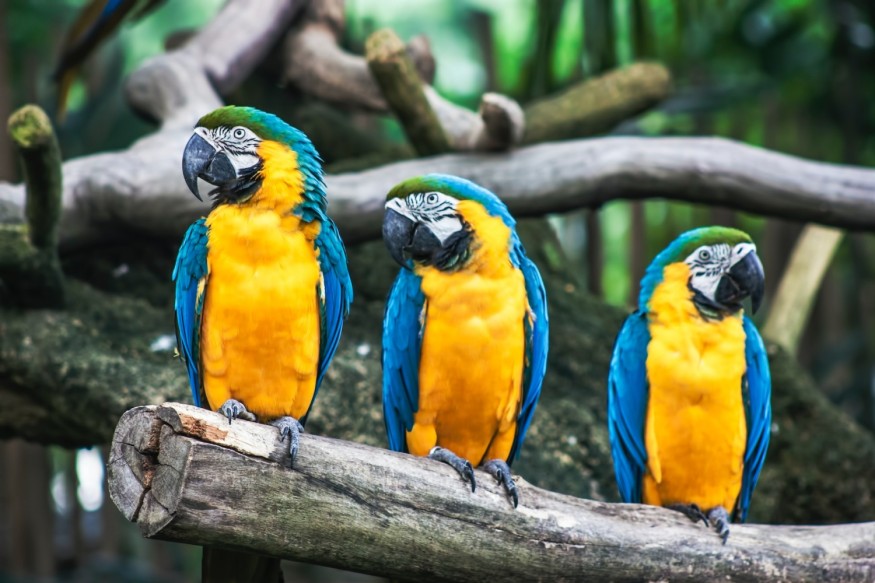
Although it might sound surprising to hear, there's no scientific consensus as to whether birds can feel happy. In fact, there's no scientific consensus on whether they feel any emotions at all. However, if you were to tell that to an avid bird watcher or a bird owner, they'd tell you that the answer to that question is an obvious and resounding yes.
The disconnect owes to the scientific community's insistence on empirical data to establish a fact versus the casual observer's willingness to rely on their own subjective observations. That doesn't mean that the latter is wrong, though. In this case, a logical observer would conclude that this is a case where a more rigorous scientific study should confirm what most people already believe to be true. With that in mind, let's look at the available empirical and observational data to try and answer the question-do birds feel happiness?
A Review of Completed Studies
Although there's indeed no scientific consensus on the emotions-or lack thereof-of avian species, that doesn't mean science has nothing to say on the subject. On the contrary, a review of available data confirms that many avian species exhibit fear in very similar ways to us humans. For example, studies confirmed that birds exhibit freezing behavior in fear-inducing situations, along with a rise in corticosteroid levels. That's a significant finding because it would seem to demonstrate that birds do, in fact, feel emotions-in this case, fear-and experience it similarly to humans. And that's not all.
Another study in the UK found that Eurasian Jays-which are part blue jay and part raven-can ascertain their mates' emotional states. The study found that the birds, when given a choice, would choose to gift their mate a type of food it hadn't previously eaten. In other words, the birds seemed to recognize the concept of offering a unique treat-like gifting a special type of chocolate on Valentine's day-as a way to make their mate happy. Incredibly, the evolutionary biologists involved in the study indicated that the results implied that Eurasian Jays recognized the internal lives of their mates, which is a trait almost exclusively ascribed to humans.
A Look at the Observational Data
Although observational data, on its own, can't be the basis for a scientific conclusion, it's still worth looking at in this case. This is especially true when you consider how much observational data there is to choose from. For example, Carrie Stephens, an expert from All About Parrots, says that there are specific vocalizations that indicate a happy parrot. Specifically, she says that "A happy parrot will exhibit some core vocalizations to indicate that they live a happy life. When you hear a parrot singing and whistling, grinding its beak, or purring, it's a sure sign of a happy bird."
Similarly, most avian experts also claim that there are specific types of body language that denote a happy bird. Tail flipping or wagging-much like a dog would do-indicates contentment and happiness. So too, does a bird engage in preening behavior. This means they're comfortable and content, and at ease with their surroundings.
Most important, though, is the fact that bird experts and bird owners alike will attest to the above vocalizations and actions correlating with positive events. When a bird's favorite person enters the room, for example, or when a bird's given its favorite food or treat are both oft-cited examples. And it's worth noting that most bird owners will also agree that they see marked freezing reactions when their bird senses a threat-like a nearby cat or another predator. Based on that, it would seem that both ends of the emotional spectrum are readily apparent in birds of all kinds, be they domesticated or wild.
A Tentative Conclusion
Based on all of the information presented here, it seems natural to conclude that birds do, in fact, feel happiness, as well as a range of other emotions. All of the available research data, though not conclusive on all fronts, does line up with the scads of observational data available on the subject. So, even though it's still impossible to offer a scientifically unassailable conclusion, it's possible to say with relative certainty that birds do experience emotions, including happiness.
© 2025 ScienceTimes.com All rights reserved. Do not reproduce without permission. The window to the world of Science Times.












